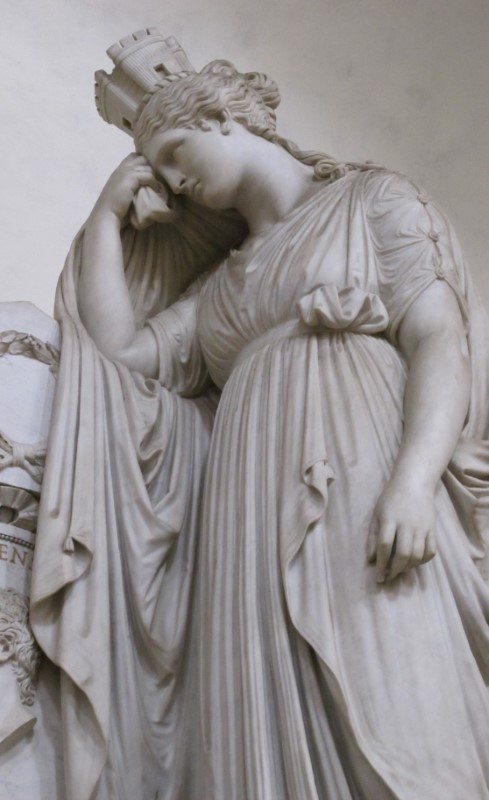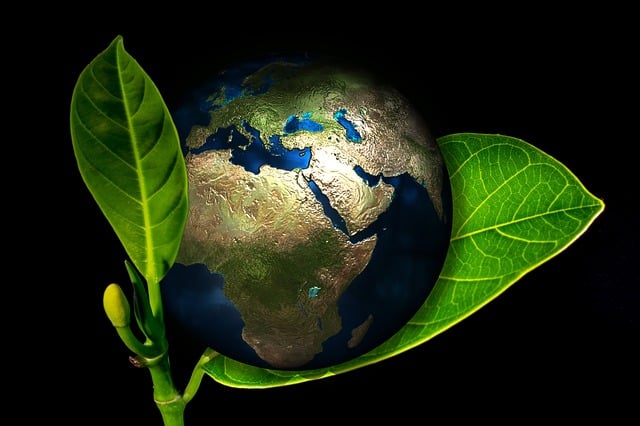- Valentina
- Valentina's thoughts
- 22134 views

What does this book have to do with a shoe blog? Everything and nothing, as often happens when talking about  human beings.
human beings.
To tell the truth, when I started reading this book I certainly wasn't thinking about shoes at all, but as I read, I realized that it is indeed relevant.
A higher literacy can lead to a different way of purchasing, making distinct choices about shoes, and it can even lead to a different perspective on one's own goals.
Literacy - whether functional or scientific - is fundamental for individual well-being and societal progress: it contributes to greater engagement and understanding of the world around us, and -unless proven otherwise- shoes, their selection, their purchase, and their wearability are an integral part of the world around us.
Skipping the rather technical introduction, which is informative but necessary for context, as is customary when presenting a hypothesis (although it seems that the possibility of falsifying the hypothesis is lacking, while the search for confirmation abounds), I focus on Chapter 5: "How to autonomously evaluate the expert's opinion? The need for scientific literacy."
If I am not mistaken, the Author argues that for a good democracy and decent decision-making, literacy is necessary. The book discusses the resurgence of illiteracy, mentions the familiar De Mauro, discusses social media, and quotes the familiar Eco (how funny would be if the two quotes - functional illiteracy and giving voice to fools - are the most cited by those directly concerned, i.e., the functionally illiterate and the fools?).
The Author presents distressing data on the state of education in Italy, with a very low number of graduates and a very low number of books read each year, and all the other data are so low that they make Italy weep at the tomb of Alfieri:
"Ahi, servant Italy, dwelling place of pain,
ship without helmsman in a great tempest,
not lady of provinces, but brothel!"
Yes, that's Dante, but it's the same, we're always in Florence, I am functionally illiterate.
Anyway. I wonder, if we really want to have a scientific statement, the Author should explain why illiteracy or conversely education are measured by the number of books read and the number of graduates.Which is the underlying ratio?
While I was munching on these data, another country came to my mind, a country with many more graduates and many more books read per person tahn in Italy. Just one country really at random, the USA (46% graduates versus 36% in Italy): I would like to know how they have more graduates than us, read more than us, and then they end up with Trump (1). Well? And maybe you can also find many other examples, even in Europe: other countries where people read more thank in Italy (almost all of them) but where there are still significant problems (almost all of them). But surely, when talking about such macro-social aspects, each concept will have a too complex set of factors and cannot be attributed to just one, and maybe this is not the place to explain everything, so why did the Author write this book in the first place if he does not explain?
But ok let's keep this aside. Rightly, the Author says (my interpretation): if you can't read or count, you believe anything and you go to Mama Ebe and vote for Salvini with the little Madonnas (2). But apart from this, I totally agree with the need to be a little more cultured, at least a minimum, at least the bare minimum that allows us to understand the deception behind the advertisement of vegan shoes, eco-friendly ankle boots, recycled slippers, to understand that there is a difference between leather X and leather Y, to understand that synthetic leather is not necessarily evil, to understand that rubber soles and synthetic soles are two different things, to understand why one shoe costs this much and another that much, in short, to understand. And not just in order to to purchase more consciously because we are a bit tired of these conscious, fair, ecological, green, etc., purchases, but just in order to buy exactly as you mean, as you want. If it possible.
This is why, in our little store we always try to be correct, to provide true information, even when, in theory, it goes against us, but we firmly believe that honesty always pays off.
Why is it worth educating yourselves a little? With the help of Chat GPT, I have organized a series of points:
- Sustainable materials and advanced technologies: now many shoe advertisements refer to sustainable materials and
 advanced technologies. But are they true? If ecology is something you genuinely care about, you can better understand what the shoe company or even Valentina in the store is telling you and make a choice more in line with your personal convictions.
advanced technologies. But are they true? If ecology is something you genuinely care about, you can better understand what the shoe company or even Valentina in the store is telling you and make a choice more in line with your personal convictions. - Foot anatomy, sole technology, cushioning, and comfort: I like to be on Facebook and join all possible and imaginable groups; I'm curious. I'm in a group called "Club of Unlucky Bartenders," and the issue of which shoes to buy to stand all day working in a bar often comes up. The answers are invariably all over the place simply because they don't take into account the anatomy of one's foot and the differences between the structures of various shoes, even from the same brand. Skechers are not all the same! And the same shoe model that fits your cousin perfectly might be harmful to you! Knowledge of biology, but above all, a critical thinking approach can help in choosing the right shoes and perhaps avoiding traumas or injuries.
- Tests and reviews based on science: in marketing - especially about sport shoes that focus on performance rather than style and fashion - there is often a reference to scientific data and technical elements. Knowing how to read and evaluate them can help you understand if it's "rubbish" or if it's really true. This way, you can make more informed and "intelligent" purchase decisions.
- Ethics in shoe production: this point is connected to the first point (point 1). For some people, ethics are very important, but
 you need to be able to read the numbers declared by companies. And, above all, ethics, like all great principles, are a macro area composed of many varied and more or less intersecting factors. Understanding them helps truly respect workers' rights, working conditions, and environmental impact. Scientific literacy can help identify brands and manufacturers that genuinely adopt responsible practices. And then, helps also to understand why the final price of the shoe varies accordingly.
you need to be able to read the numbers declared by companies. And, above all, ethics, like all great principles, are a macro area composed of many varied and more or less intersecting factors. Understanding them helps truly respect workers' rights, working conditions, and environmental impact. Scientific literacy can help identify brands and manufacturers that genuinely adopt responsible practices. And then, helps also to understand why the final price of the shoe varies accordingly.
In conclusion, literacy can help consumers understand that purchasing choices can go beyond aesthetic aspects, and that science can guide them in the search for better shoes for their well-being and the environment.
Read more, folks.
Notes:
(1) This is a personal viewpoint, of course. Specifically, I refer to Trump's politics not aligning with the need to intervene in the context of climate change, for example, the USA's withdrawal from the COP 21 Climate agreement. You are free to replace "Trump" with "Obama," "Clinton," "Biden," etc.
(2) This is also a personal viewpoint, and I refer here to Salvini's climate change denial in July 2023, as well as his previous election campaigns, where he was often seen in the studio surrounded by Christian symbols. You are free to replace "Salvini" with "Meloni," "Conte," "Renzi," etc...